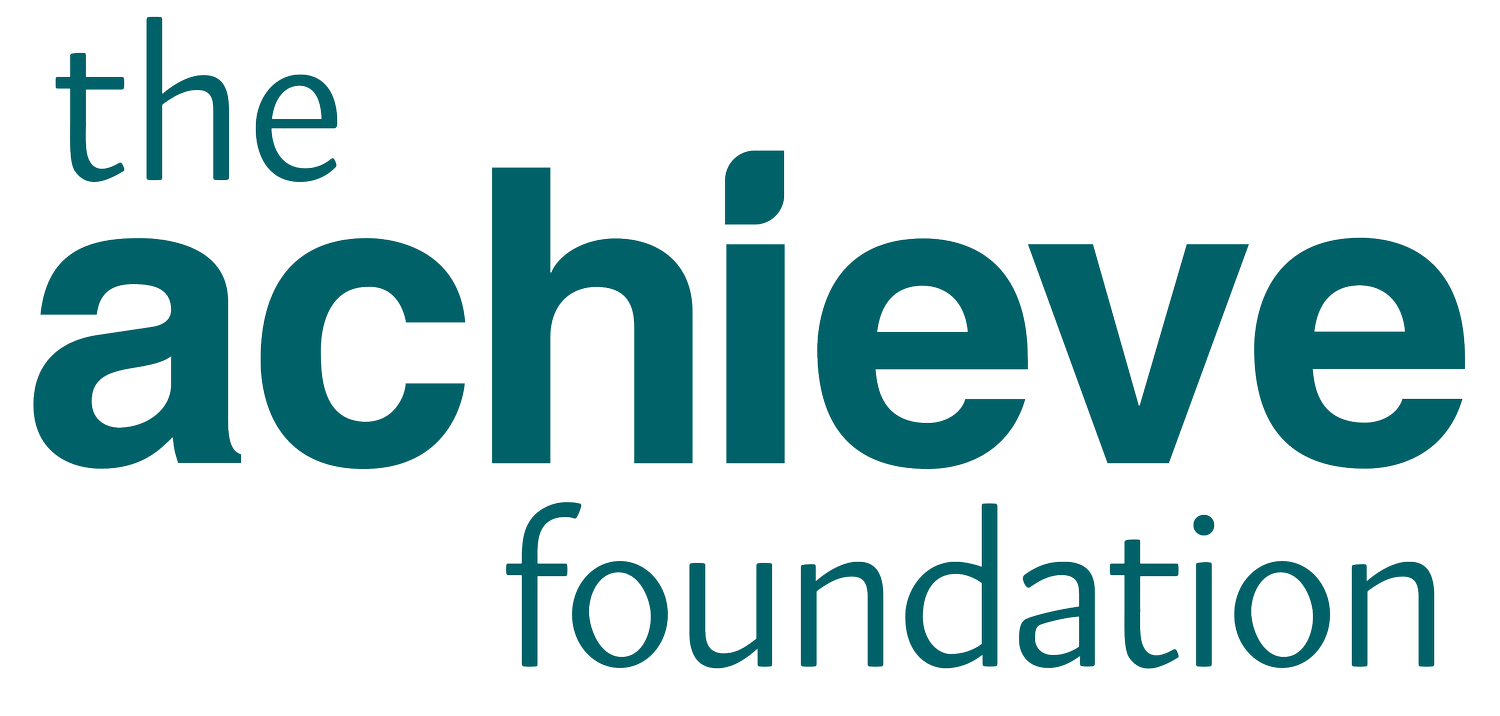The case for philanthropy in disability
The Case for Philanthropy in Disability presents new research, quantifying the extraordinary benefits that can be achieved by removing the barriers to inclusion for people with disability.
The Achieve Foundation commissioned Deloitte Access Economics to investigate whether there was a case for increasing investment in disability, following the discovery that just 4.3% of philanthropic grant funding in 2017-18 was allocated to people with disability, despite the fact that they comprise approximately 18% of the Australian population.
Deloitte Access Economics used HILDA data to examine benefits to health and wellbeing ($57bn), employment ($25.6bn) and education ($1.7bn) if Australia deliberately includes people with disability. This analysis shows that the cumulative inclusion dividend is $84bn per annum. This figure does not account for the additional ways in which the community is socially and culturally enriched when we stop holding people at the margins.
To make sure giving is effective, the report argues that philanthropy should have clear and measurable outcomes with a focus on systemic change in line with the Australian Disability Strategy, targeting evidence based initiatives that recognise that disadvantage is based on exclusion, and is not inherent to the experience of disability.
The private sector and philanthropy have a role to play by ensuring that inclusion is a priority in their giving, in their workplaces and through applying an inclusion lens across all investments.
The report details the barriers to disability, the benefits of action and how philanthropy can support inclusion.
